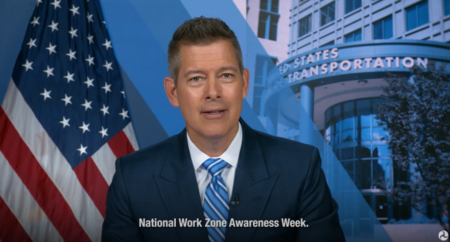Experts at the UK’s Transport Research Laboratory (TRL) have welcomed this week’s announcement that a new car practical driving test will come into force on December 4 in England, Wales and Scotland, and revealed its role in trials of the new system.
As a global center for innovation in transport and mobility, TRL was contracted by the Driver and Vehicle Standards Agency (DVSA) to lead the trialling of the proposed changes in a country-wide controlled study of their impact on how people learn to drive, and on how people drive post-test. The changes are designed to promote greater independence and greater use of busier and faster roads during preparation for the test.
The new car driving test will feature four key changes. The ‘independent driving’ element of the test will increase from 10 to 20 minutes; candidates will be asked to follow directions on a satellite navigation device (satnav) as an alternative to road signs; more realistic driving maneuvers have been added to the test; and candidates will be asked to respond to a relevant safety question while driving.
Conducted between 2015 and 2016, a total of 4,300 drivers and 860 driving instructors took part in the research. Drivers volunteered to take part as learners, through their driving instructor, and then completed detailed surveys administered by TRL when they passed their test, with half taking the existing test and half taking the proposed new test. Drivers then completed surveys again after six months of post-test driving.
“The driving test does an important job of ensuring that people have the basic skills needed to be competent when they begin driving solo,” noted Shaun Helman, head of transport psychology at TRL.” These changes are designed to make the test more reflective of real-life driving, and can be seen as a positive evolution of the licensing process. The planned changes to the test will see much greater emphasis put onto independent driving, as well as a renewed focus on higher-risk driving environments during training.”
Helman concluded, “Being able to trial the proposed changes in a scientifically controlled trial meant TRL was able to provide a robust and statistically valid analysis to the DVSA when they were considering which elements to introduce to the new driving test. Coupled with the detailed feedback of participants, this has clearly had a significant impact on the roll-out of a 21st century driving test.”




